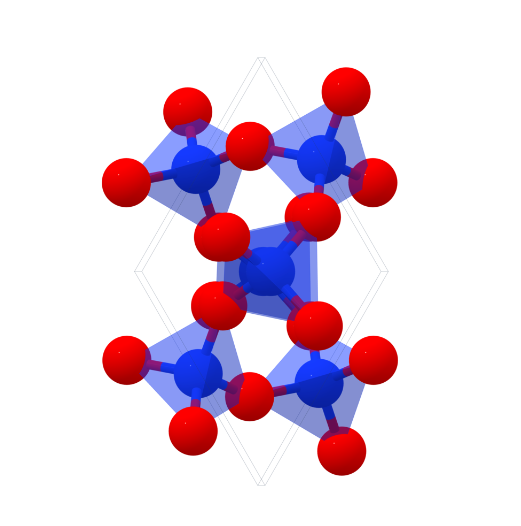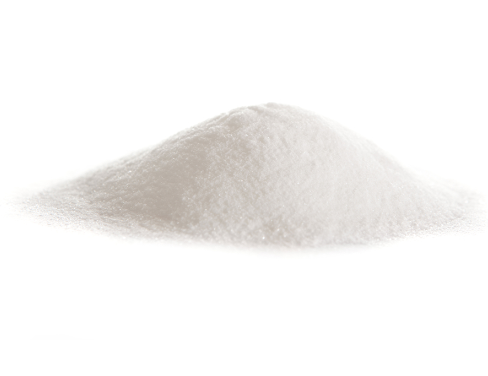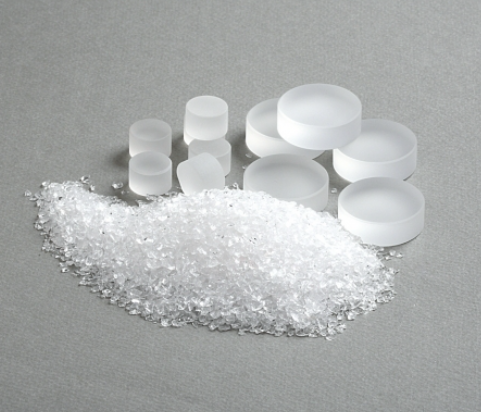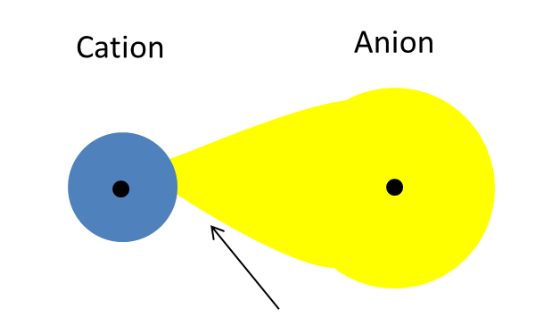Is silicon dioxide safe for use in food?
What is Silicon dioxide?
Silicon dioxide is a naturally occurring compound. It consists of silicon and oxygen. The most common form is quartz, which occurs naturally in water, plants, animals and the Earth's crust. Silicon dioxide makes up 59 per cent of the Earth's crust. It makes up more than 95 per cent of the known rocks on Earth. Silicon dioxide is also found in many plants that humans eat regularly, such as leafy greens, grains (oats and brown rice), alfalfa, beets and bell peppers. Most importantly, it is also a natural component of human tissues, but the exact role it plays is not yet known.
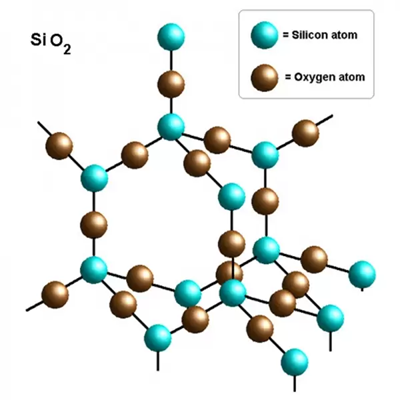
Uses of Silicon dioxide in food
Silicon dioxide is commonly used in the food industry as a food additive and anti-caking agent. It prevents caking of powdered food and improves the flowability of powdered food, thus maintaining the good appearance of powdered food. At the same time, Silicon dioxide absorbs moisture from the surrounding air through numerous internal microscopic pores, preventing moisture and caking of food during storage. In practice, silica is mainly used as an anti-caking agent in egg powder, milk powder, cocoa powder, cocoa butter, icing sugar, vegetable fat powder, instant coffee, powdered soup seasoning, and powdered seasoning.
Is silicon dioxide safe for use in food?
Since Silicon dioxide occurs naturally in our human tissues, natural plants, water, etc., it is safe for us to ingest in small doses. The U.S. Food and Drug Administration (FDA) also considers Silicon dioxide to be a safe food additive. However, the prerequisite needs to control the amount used, which is required to be no more than 2% of the weight of the food. It is allowed to be used in egg powder, milk powder, cocoa products, dehydrated egg products, icing sugar, vegetable fat powder, solid beverages, mother and child formula food, the maximum use of 15g/kg; spices, solid compound seasoning, the maximum use of 20g/kg; soybean products processing the maximum use of 0.025g/kg.
In addition, the European Food Safety Authority (EFSA) Trusted Sources reviewed the results of studies on silica as a food additive. In animal models, researchers noted no accumulation of silica after repeated consumption of silica by animals.
While silica is generally considered safe for consumption, some people may be sensitive to it and experience indigestion or other adverse reactions after consuming it. People with digestive disorders or allergies may be more susceptible to these effects. Therefore, it should be used with caution by people who are sensitive to such substances.
Related articles And Qustion
See also
Lastest Price from Silicon dioxide manufacturers

US $150.00/kg2025-11-18
- CAS:
- 7631-86-9
- Min. Order:
- 1kg
- Purity:
- 99%
- Supply Ability:
- 20tons
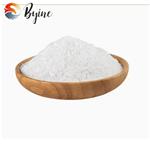
US $150.00/kg2025-11-18
- CAS:
- 7631-86-9
- Min. Order:
- 1kg
- Purity:
- 99%
- Supply Ability:
- 20tons

